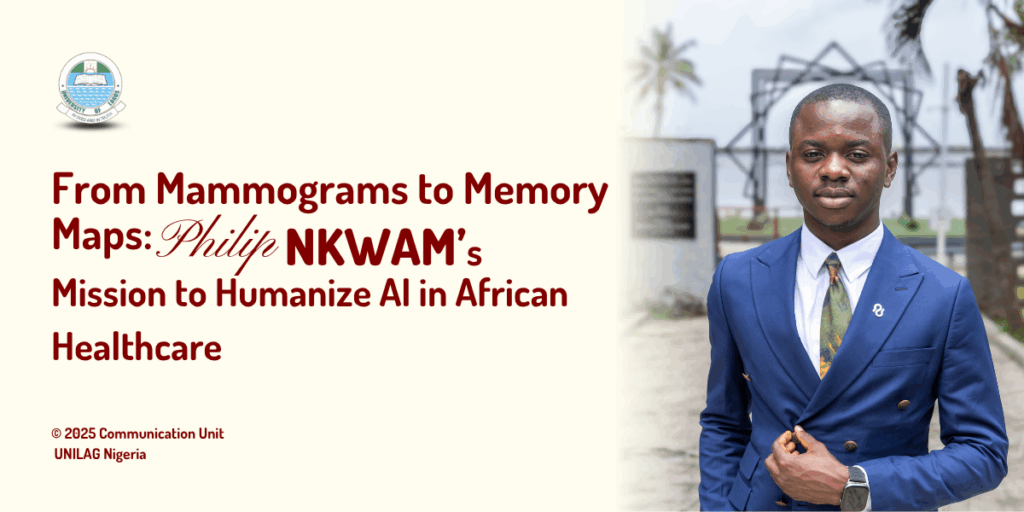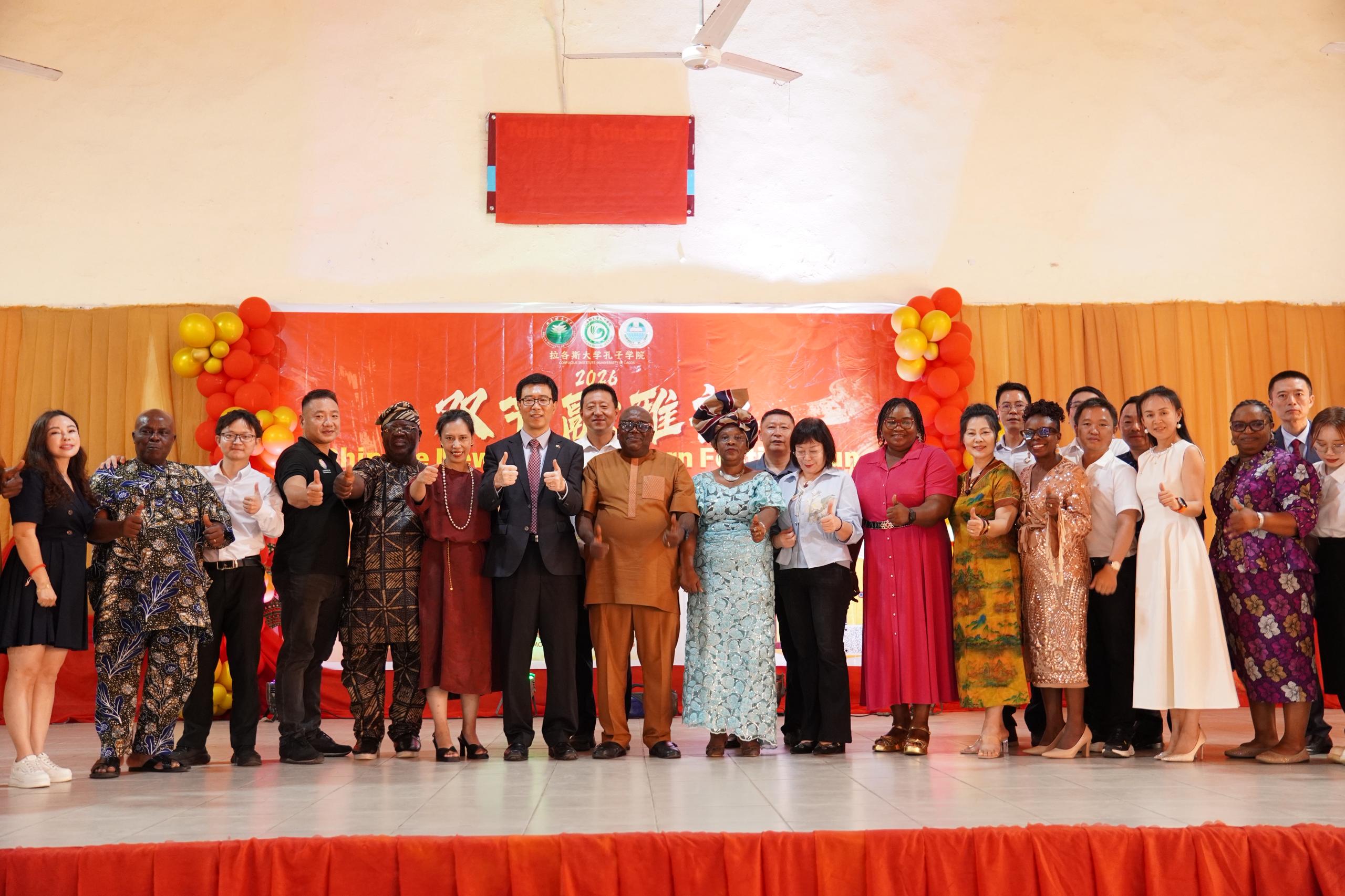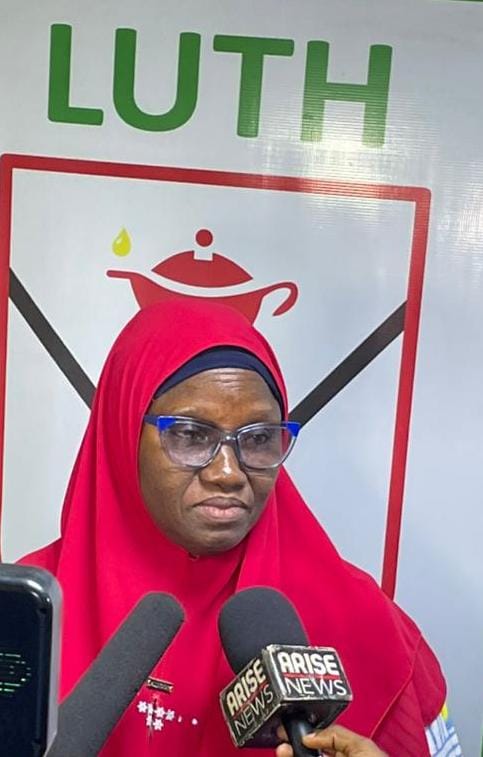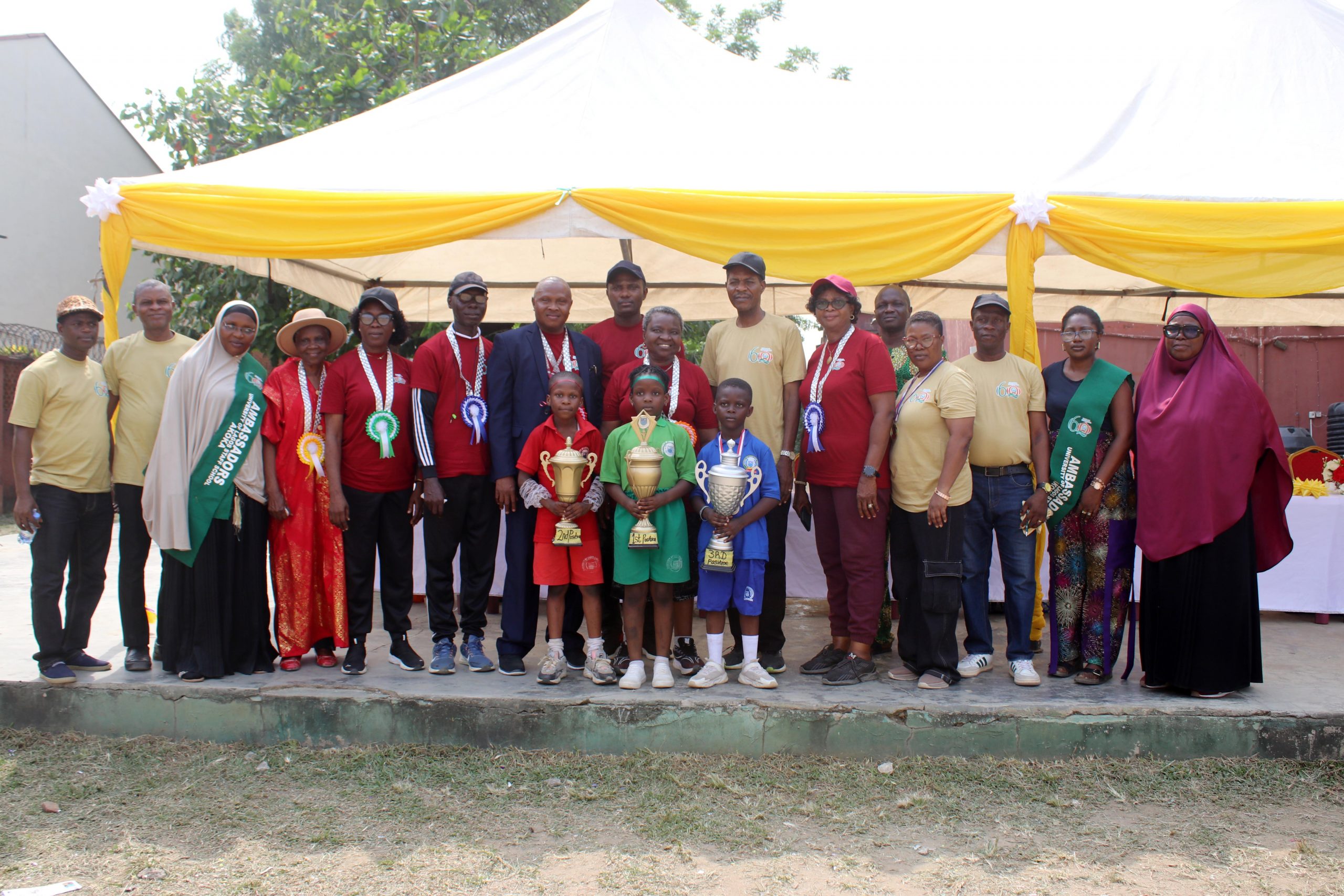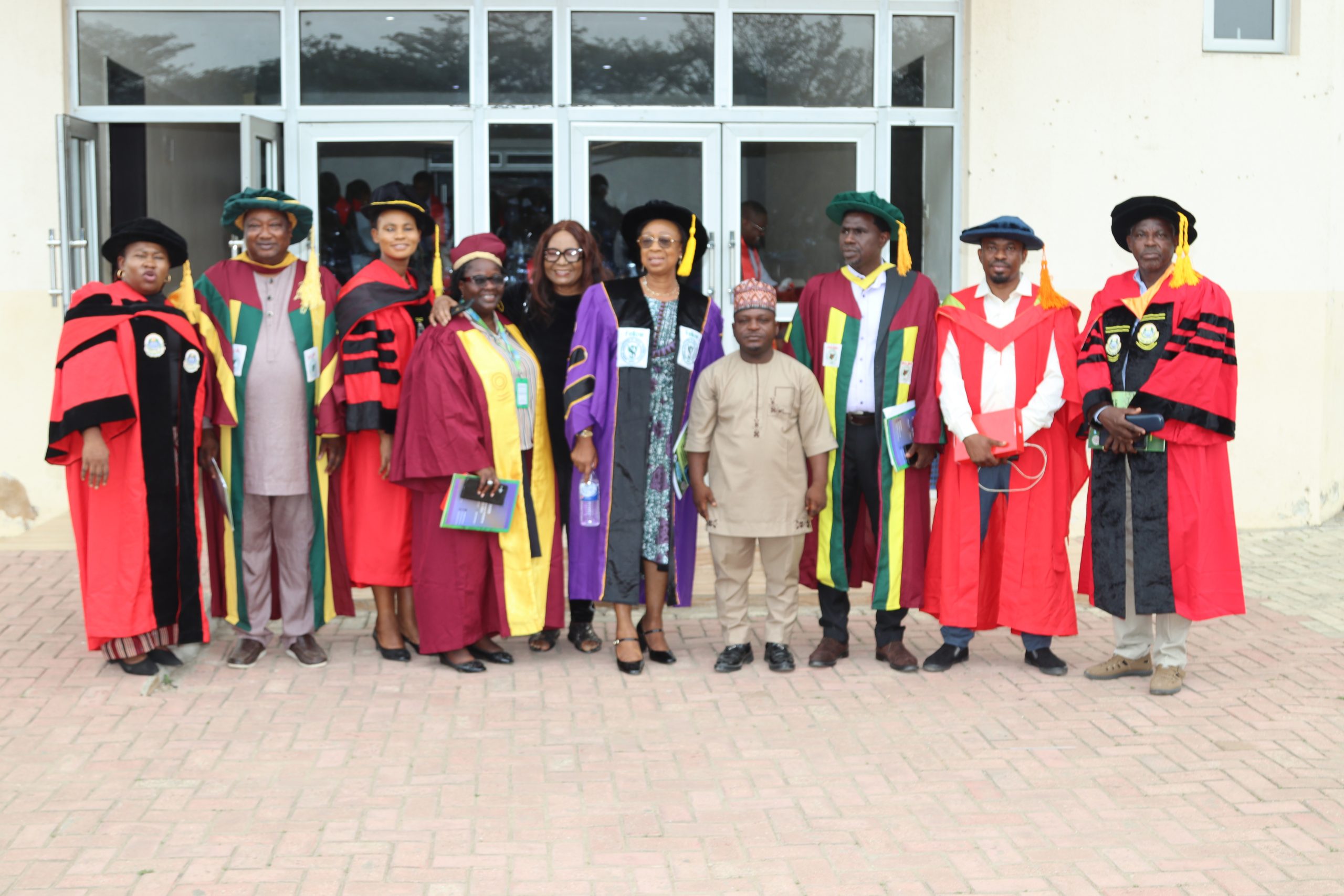At the University of Lagos, excellence is a tradition. Philip Nkwam, a final-year Radiography student at the College of Medicine, lives up to that standard. As an ISTAART Ambassador and CONNExIN Fellow, he is breaking new ground in Artificial Intelligence, Neuroimaging, and Brain Health Research. His work recently took him to Toronto, Canada, where he attended the 2025 Alzheimer’s Association International Conference (AAIC).
Who is Philip?
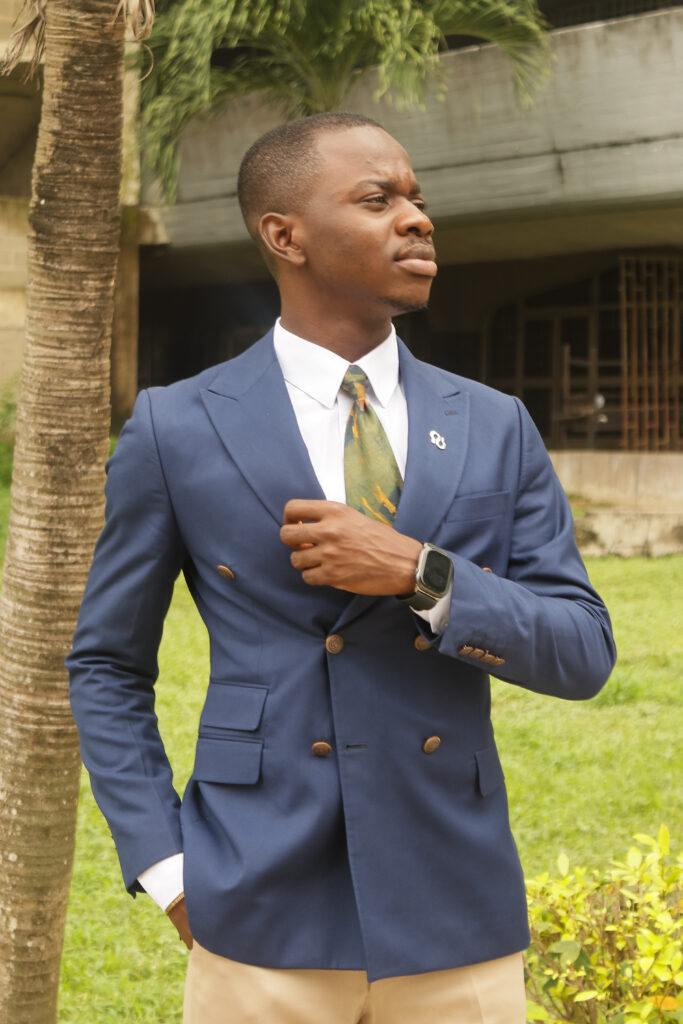
My name is Philip Nkwam. I am a final-year Radiography student at the University of Lagos, College of Medicine.
Did you imagine your journey taking this path when you entered UNILAG?
Not really. I always wanted to do impactful work, but I didn’t know exactly where that would lead. I just knew I wanted to go beyond the conventional path.
What sparked your interest in AI and health research?
Before UNILAG, I already had some technical exposure. Around my second year, I began learning machine learning. Since I was studying medical imaging, I wanted to combine both fields to do something more meaningful.
Tell us about working on the MIRAI project.
The Mirai journey began during my volunteer work at St. Cyril Cancer Treatment Center in 2022. We were using AI models to detect polyps during colonoscopies when we came across Mirai; a breast cancer risk assessment algorithm developed by MIT that predicts five-year cancer risk from mammograms.

Because Mirai was trained mostly on Caucasian datasets, we saw the risk of bias if used in Africa, where physiological differences exist. So, we partnered with MIT’s Jameel Clinic to validate Mirai with sub-Saharan African data.
We planned to collect 10,000 mammograms from Nigeria, but after two years of fieldwork, we gathered 3,300 datasets only 86 were usable.
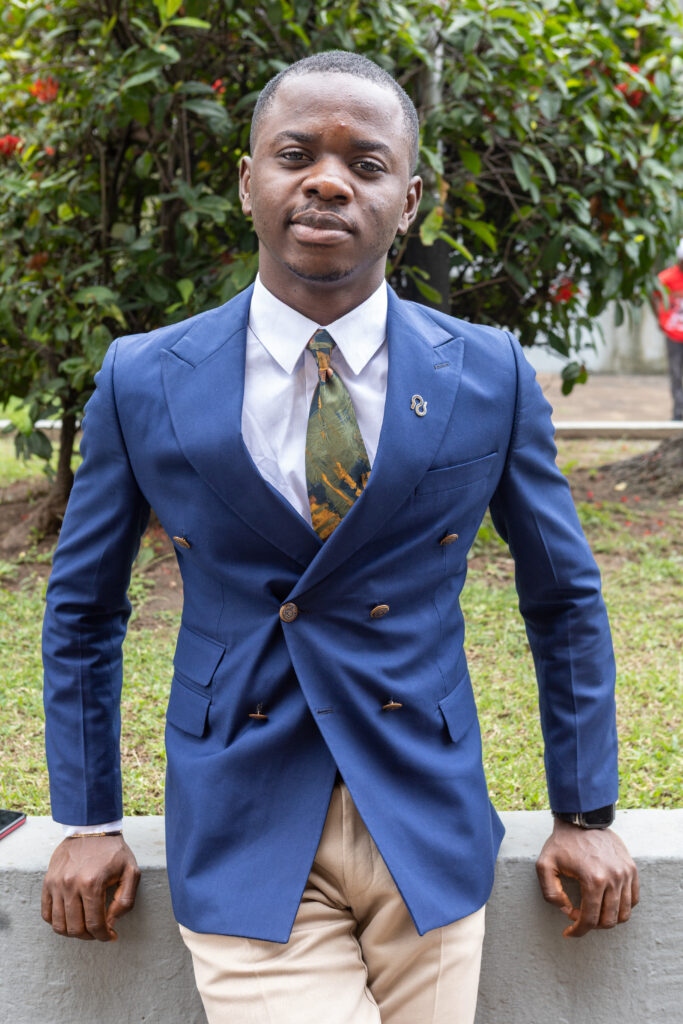
This exposed major gaps in health data storage and management across Nigeria, Uganda, and Kenya. Poor record-keeping, weak follow-up systems, and limited funding made things tough. Still, we pushed through, with partial support from Access Bank’s ACT Foundation.
Balancing the project with school was challenging, but it revealed how much Africa needs better health data systems and more inclusive AI. We are currently writing a paper to share our findings and lessons.
How did you feel when your work was accepted for the AORTIC Conference in Tunisia?
It felt rewarding. I shared the news immediately with my team at St. Cyril Cancer Treatment. After all the hurdles, it was a big milestone. Beyond the acceptance, the entire three-year journey taught me resilience and growth. The conference will hold later this year, and I look forward to presenting our work.
What drew you to neuroimaging after cancer research?
Mentorship. I was influenced by neuroscientists in my research network. The brain fascinates me it’s complex and largely unexplored. A paper by Demis Hassabis on episodic memory particularly inspired me. It explored how the brain processes thoughts about loved ones, and that sparked my curiosity.
Can you share a time when things didn’t go as planned?
Earlier this year, I was selected as an ISTAART Ambassador and was to present in Toronto. But my visa was rejected twice. It was painful because I had all the documents and sponsorship. Still, I didn’t give up. I reached out to the Provost and the Protocol Unit, and after weeks of follow-ups and support from mentors, I finally got the visa just seven days before the trip.
To be honest, that experience taught me resilience. In science, setbacks are common. What matters is pushing through. I share this lesson with my team at BrainAid: intelligence is important, but resilience is essential.
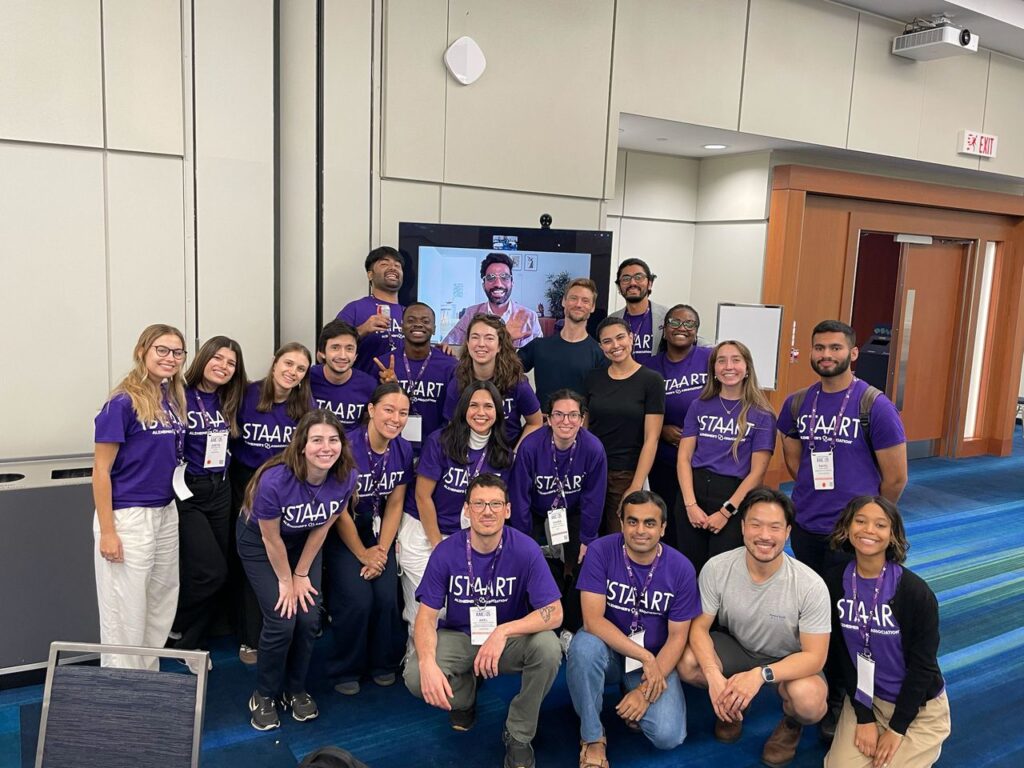
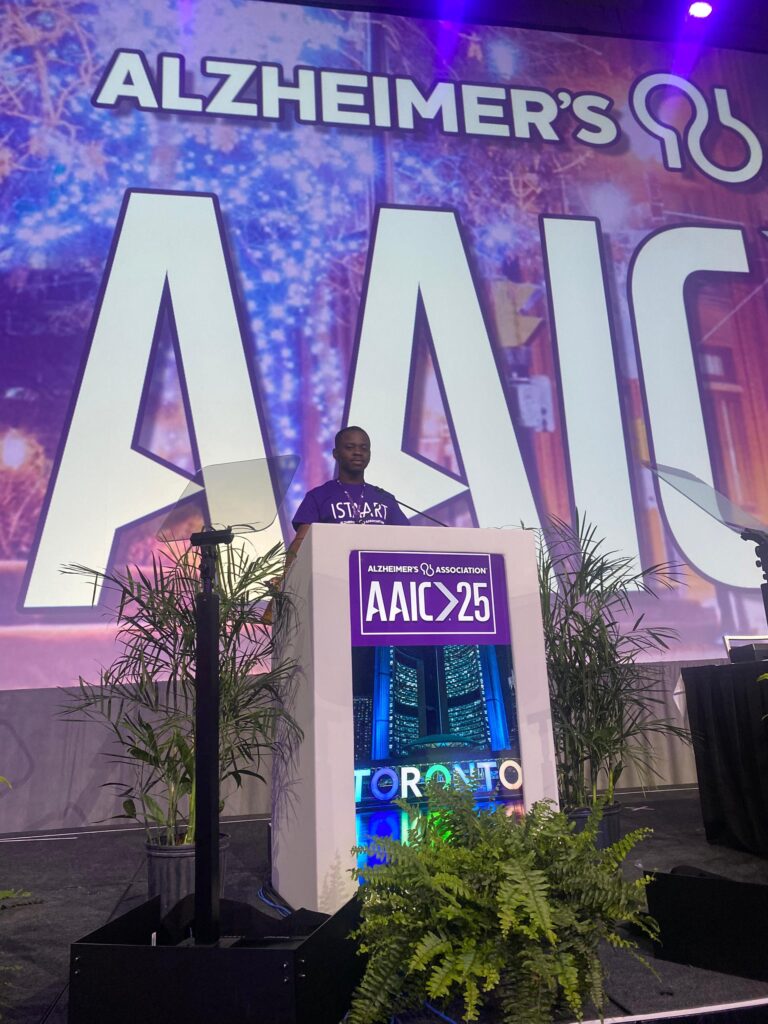
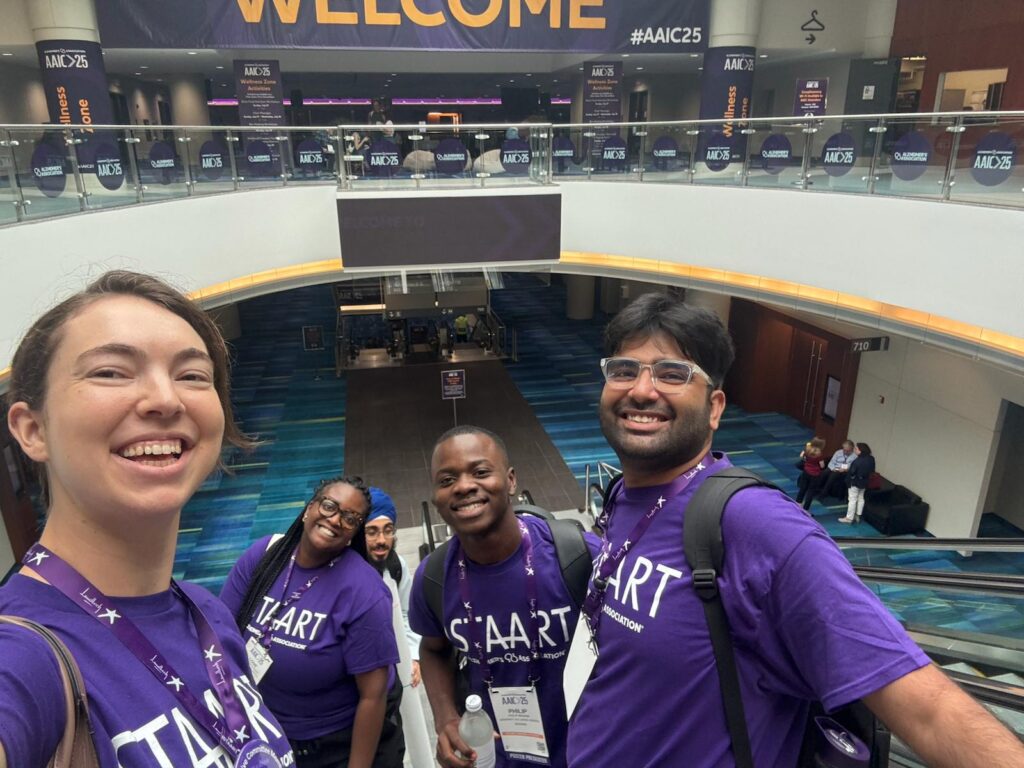
What advice would you give your second-year self?
I would tell myself to communicate my vision better. Back then, I skipped many classes to learn on my own and code in my room. Many people misunderstood that.
If I had explained better and sought more mentors, things might have been easier. Still, I have no regrets.
What’s been your most rewarding moment so far?
Clarity knowing exactly what I want to do. It’s not the conferences or travels, but the sense of direction I now have, along with mentors who guide me.
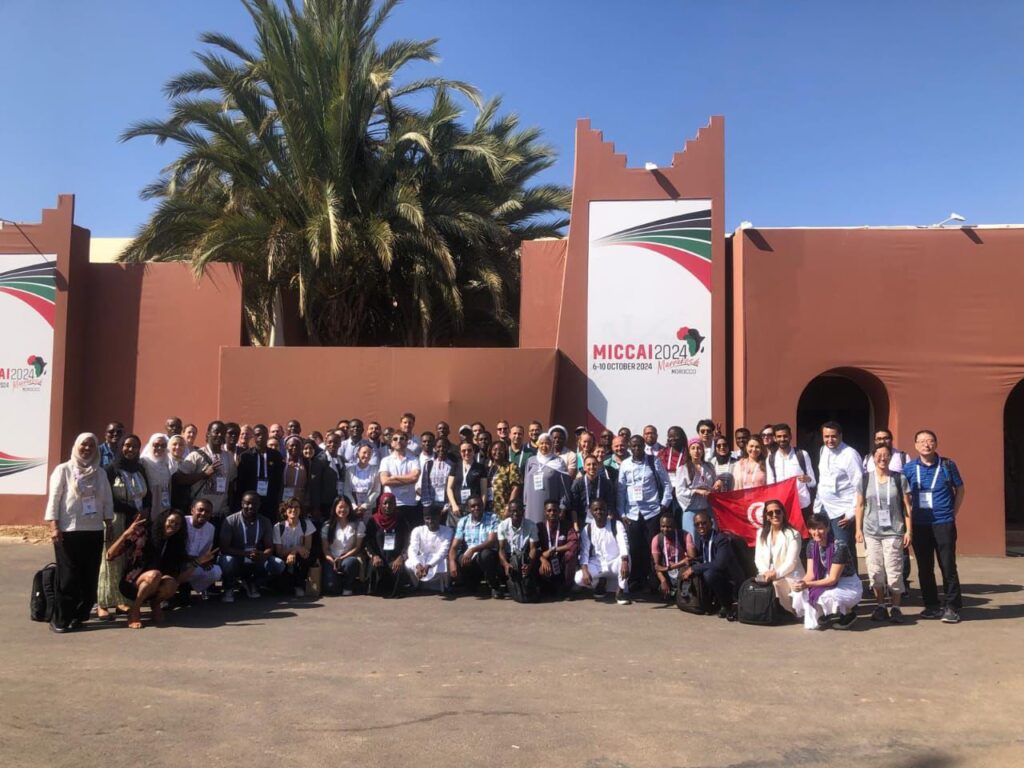
What’s your dream for brain health research in Africa?
My dream is to build scientific capacity. Africa’s representation in global research is very low less than 1% in Alzheimer’s genome databases. That affects how effective treatments are for us. We need stronger research infrastructure and inclusive studies that reflect our population.
I am also interested in how genetics influence disease. Neuroimaging, especially white matter analysis, can reveal traits and predict age more accurately than traditional genome studies. But most of this research happens outside Africa. I want to change that.
What drives your passion for research?
Gaps. I am actually driven by the problems around me that still need solutions. Africa has many of them, especially in healthcare. Finding and fixing those gaps excites me.
What advice do you have for young researchers struggling with funding?
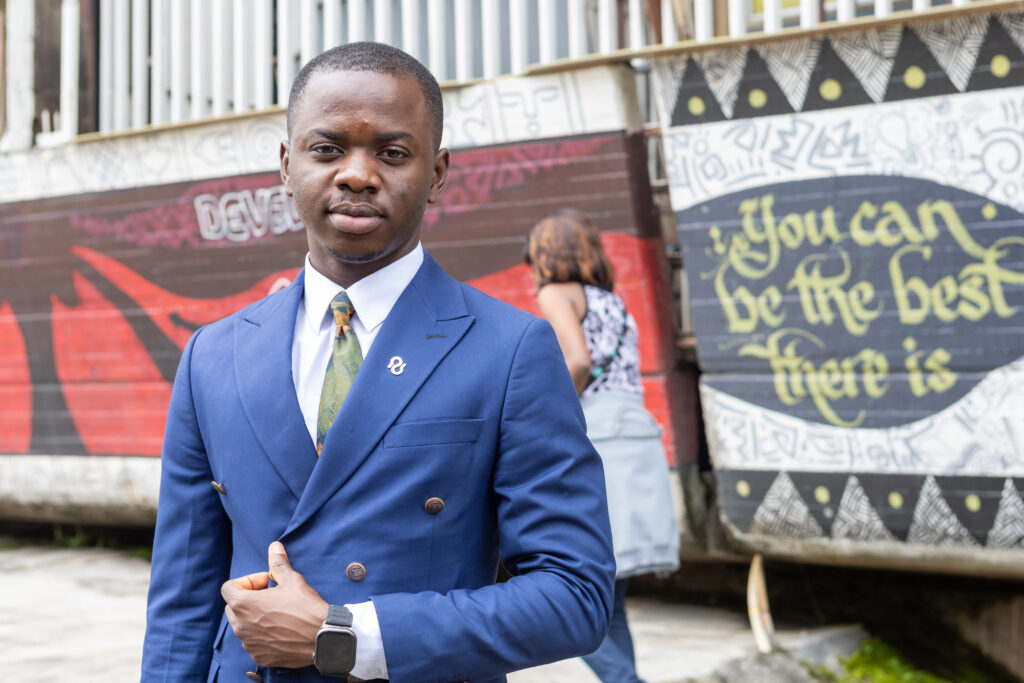
Focus on solving real problems. Impact attracts funding. Build your portfolio, no matter how small volunteer, join projects, learn. Mentorship is also key. The right mentor can multiply your results tenfold.
How has this journey changed your view of science and life?
It taught me to ask better questions. I have moved from basic perception studies to more clinical, applied research. I also now think in first principles I don’t take facts at face value. For example, in a PET imaging study, I questioned whether we could use fewer radiotracers without losing accuracy. That mindset, curiosity and critical thinking defines good science.
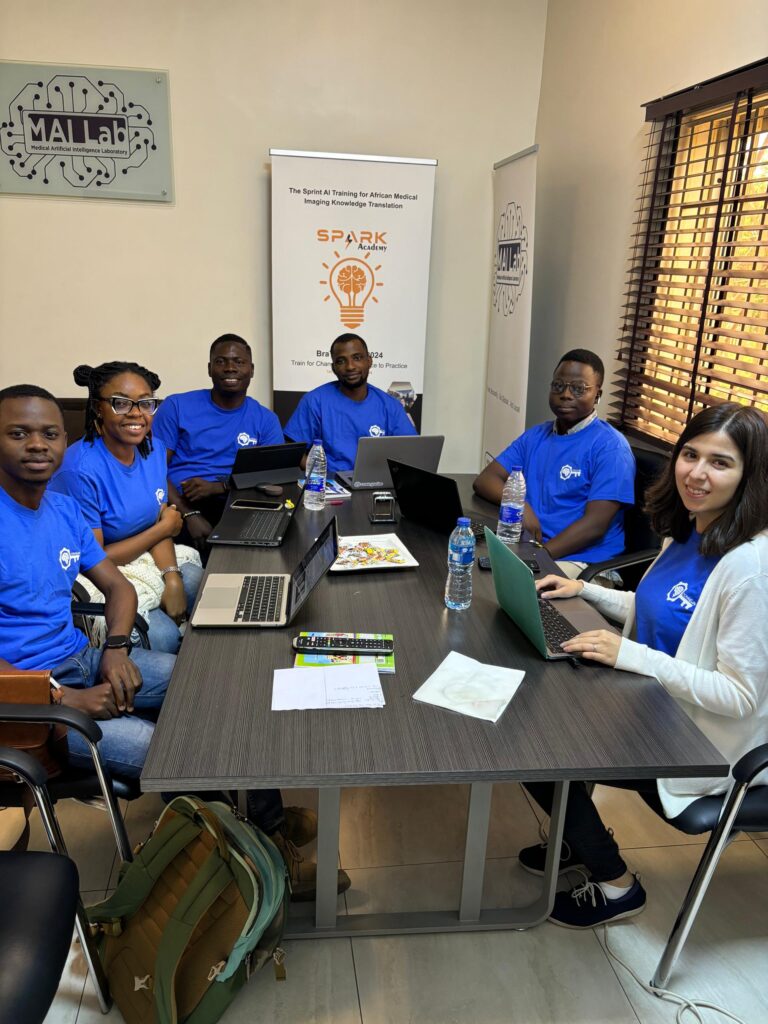
What legacy do you hope to leave in neuroscience and AI?
I want my work to be reproducible and representative. I want others to build on it and expand it, especially for Africa. Science thrives on collaboration, and my goal is to make sure Africa’s voice is part of that conversation.
What’s the one setback that taught you the most?
The visa rejection. It taught me that setbacks aren’t dead ends they’re redirections. It helped me build resilience, meet new mentors, and learn to keep pushing regardless of barriers.
What keeps you going through tough moments?
My faith in God and compassion for people. Studying at LUTH shows me daily how fragile life is. Seeing families grieve outside the hospital reminds me why I do this to help reduce suffering. That’s my “why.”
Tell us about your new grant.
I recently won a grant after presenting at the African International Conference on Magnetic Resonance. My work focused on building low-resource pipelines for dementia research in places with limited computing power.
My final-year project, WebMRQC, builds on that. It’s a web-based tool that helps radiologists check MRI image quality without needing coding skills or advanced computers. The goal is to standardize quality assessment and make clinical research more efficient across centers.
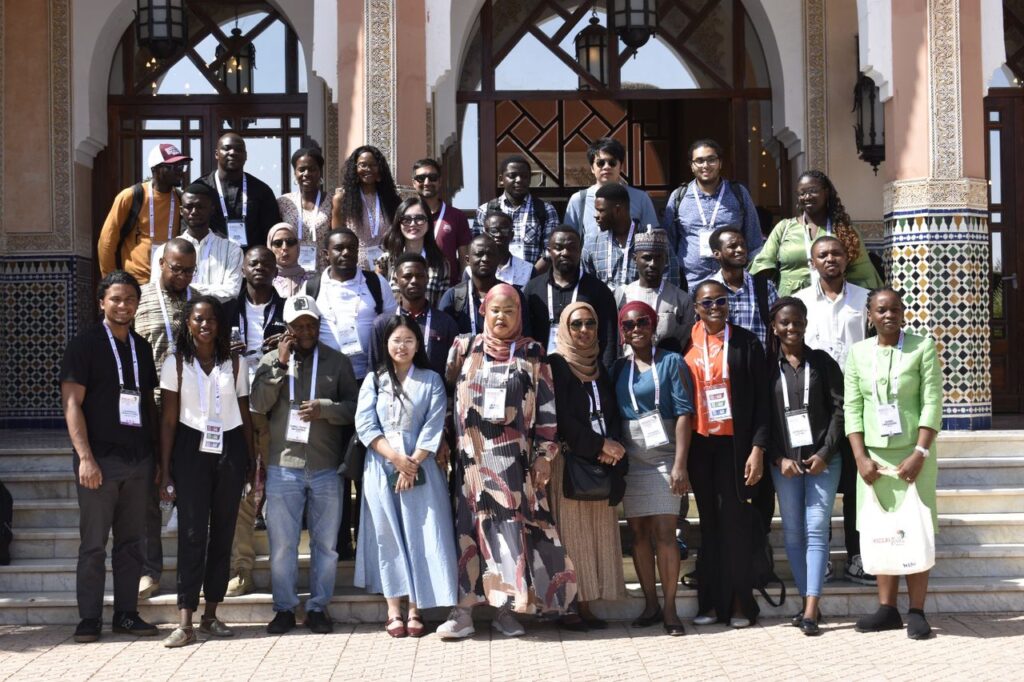
If you could build a dream research team, who would be on it?
People who understand the problem deeply. I’d definitely include my mentor, Dr. Udunna Anazodo from McGill University. For Africa-focused work, I’d want technically skilled, passionate team members who care about the mission.
How will your work impact the College of Medicine and UNILAG?
Informally, I hope to inspire students to see beyond their immediate environment. You don’t need to be a PhD holder to do meaningful research. Formally, my work represents UNILAG globally. Presenting at top conferences as an undergraduate has changed how people see our university’s potential.
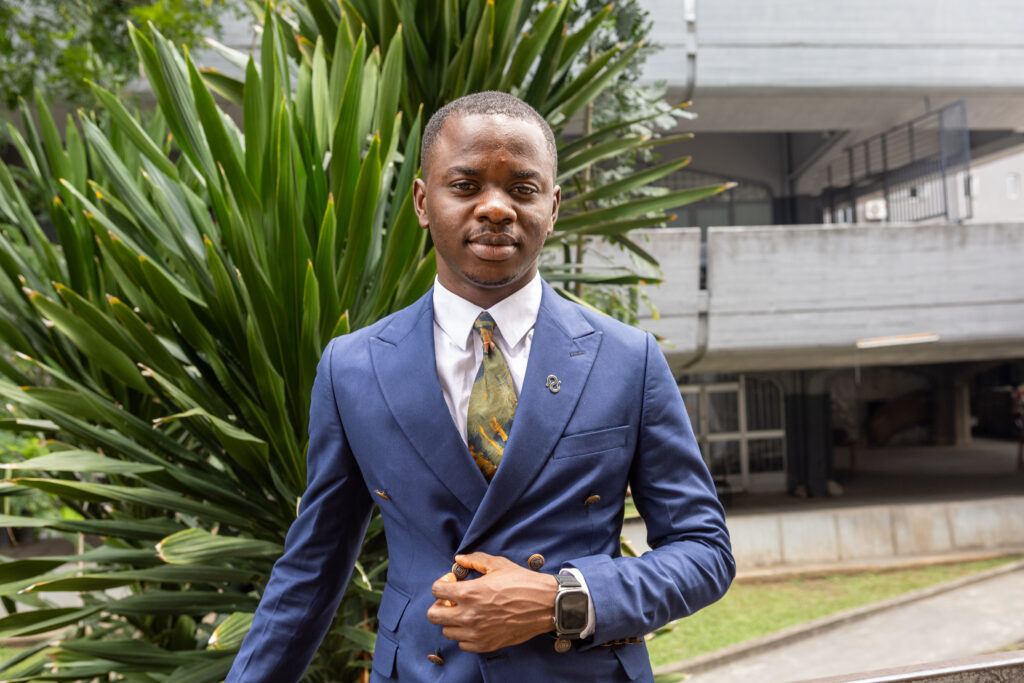
Our students are smart and curious. They just need access to mentors and the right problems to solve. Grades don’t define your intellect curiosity and effort do.
Why Radiography and why UNILAG?
Radiography wasn’t my first choice. I planned to transfer into Medicine, but that didn’t happen. Staying turned out to be one of my best decisions.
Radiography gave me a mix of clinical and technical skills that shaped my interest in imaging and AI.
What do you think of your department and lecturers?
I am grateful for them. Despite being few and overworked, they give their best. They encourage students who think differently and guide us with patience. My supervisor, Mrs. Sekinat Aderibigbe, and our Head of Department, Mrs. Josephine Joshua, have been especially supportive. Their humility and openness have shaped how I see mentorship and leadership.
Interviewer: Pelumi Oloyede
Photographs: Maleeq D. Quadri
Editors: Maleeq D. Quadri, Ndidi J. Odinikaeze & Adejoke Alaga-Ibraheem

